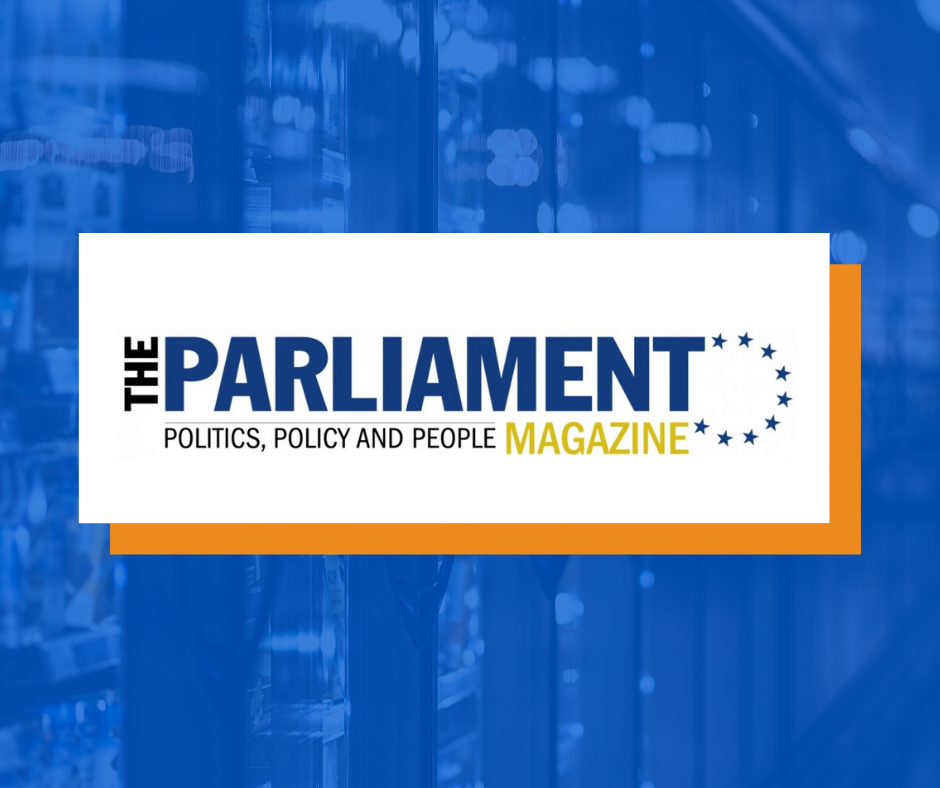While most popular attention this month has been on the vital discussions at the United Nation’s COP26 Climate Change Conference in Glasgow, there is an equally important UN conference happening in Geneva that also contemplates the fate of millions of lives.
There are also questions on the importance of science, the role of activists and industry, and how humanity can forget a better path based on common agreements to be implemented in each country.
This year, the Framework Convention on Tobacco Control, an obscure World Health Organization treaty dedicated to eradicating tobacco use, is having its ninth iteration, known as COP9 in Switzerland.
At this conference, 168 member delegations — as well as a narrowly selected group of tobacco control advocates — participate in discussions and debates to forge global standards on taxation, restrictions, and rules on tobacco products.
While no one would object to these goals, the conference threatens to put one of the largest public health victories in recent memory at stake: tobacco harm reduction by innovative technologies.
Though the well-documented scientific evidence on the life-saving potential of smokers switching to less harmful vaping devices is clear and undeniable, it is one scientific fact that is ignored or denied throughout the event.
As I have uncovered in my two trips to the COP FCTC event, one of the most dogmatic conclusions of the event organizers is that they consider nicotine vaping devices, what they label Electronic Nicotine Delivery Systems (or ENDS), as ordinary tobacco products that should be as harshly taxed, regulated, and eventually eradicated from the market altogether.
It is this nuance — that alternative harm reducing technologies like vaping or heat-not-burn devices pose the same threat as traditional cigarettes — that so animates activists, former smokers, and some health officials who criticise the FCTC and its proceedings. Not to mention the yearly mission of several delegations to completely bar journalists and media from any of the debates.
Considering that many countries represented have embraced policies that elevate harm reduction and acceptance of vaping at home, including the United Kingdom, Canada, France, and New Zealand, it is perhaps most frustrating that this nuance is stopped at the door and reiterated by the power brokers at COP.
What makes COP9 FCTC different from its climate change cousin is the elevated role of public health lobbies and advocacy groups throughout the proceeding.
Groups such as the Campaign for Tobacco-Free Kids, European Network for Smoking and Tobacco Prevention, and the Framework Convention Alliance on Tobacco Control are the recognised NGOs that are able to intervene in parts of the discussions and help set the agenda.
Billionaire Michael Bloomberg has pledged millions directly to these organizations and similar entities, with hopes that any tobacco-related products— including vaping devices — are regulated, restricted, and banned. It is no surprise, then, that any efforts to recognise the life-saving potential of vaping devices are blocked immediately.
These lobby groups have routinely been caught bribing and funding various political bodies in developing nations with the goal of restricting and banning vaping devices.
What’s more, they often bully and shame delegations if they do not adopt a strict prohibitionist attitude on tobacco alternatives like vaping, awarding countries like the Philippines, Honduras, or Guatemala with “Dirty Ashtray” awards for “insisting on amendments with unhelpful and often confusing wording” or for requesting “further discussion” on various amendments.
The Filipino delegation, in their video statement to open the conference, said that it was important to recognise vaping devices and “products that deliver a similar satisfaction but with far less harm”.
The recognition of this fact — and the potential to save millions of smokers’ lives — by the delegations at the FCTC’s COP9 is realistically the most pressing issue that should be addressed. It is one that millions of vapers, who have added years to their life by switching away from tobacco, should have represented in an international body.
Whether delegations will understand this key point, and whether they will embrace science over prohibitionist ideology, however, remains to be seen.
Originally published here



